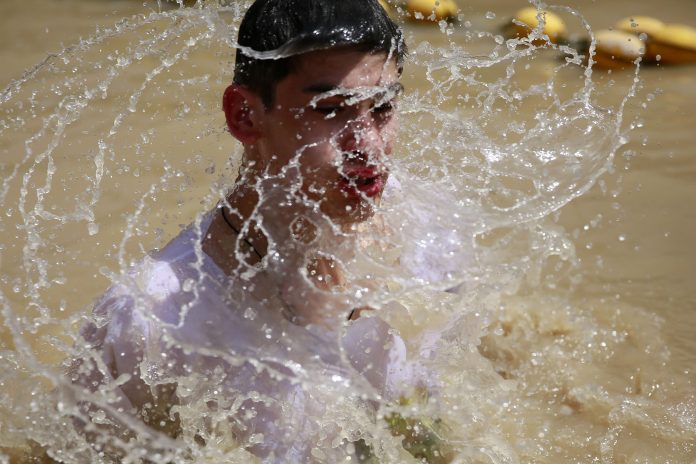Religion in the Holy Land—rather than being a barrier—can help galvanize people into overcoming their differences to work toward a common goal.
This was the starting point of Dalit Wolf Golan, deputy director at EcoPeace Middle East, in her speech at the conference on women and the climate crisis in the Vatican this week.
Golan noted how residents of the Holy Land can overcome their differences by working together on a common project like water accessibility.
In her talk, she pointed out that while the Jordan River is holy to all three major religions — Christianity, Islam, and Judaism — it currently runs at five percent of its ancient flow rate.
“It’s … a symbol of a problem that cannot be solved unless we work together,” said Dolan in a report on Vatican News. “It’s a border. It doesn’t matter if one side cleans up the river, if the other side doesn’t.”
She said that as a religious symbol, the Jordan River can be a venue for various faiths to come together and come up with a solution to problems brought about by climate change.
In the 1995 Oslo Accord, residents of the Holy Land, which is squeezed between the Mediterranean Sea and the Eastern Bank of the Jordan River, agreed to a water allocation arrangement wherein 75 percent of water is for Israel and the remaining 25 percent goes to Palestine.
Through the years, the arrangement remains unchanged.
Water, however, remains to be among the five “permanent status issues” that must be addressed by Israel and Palestine.
Golan said that Israel now has more than enough water because of its desalination ability to reuse water.
“[This new reality offers] technical and real possibility for these allocations to be discussed, if there is the political will to do so,” she said.
Golan said environmental issues, such as the water crisis, have added to the burden carried by women.
In some areas in the Middle East, households live with irregular water supply and with access to water only once a week, once every two to three weeks, or even once every three months in the summer.
“Now, imagine running a household like that. You have a tank on your roof that stores water. But how can you bridge that gap when it becomes two weeks, three weeks, three months?” said Golan.
“What we can do to bridge this gap is to make sure that women’s voices on these issues are heard by the leaders,” she said.









